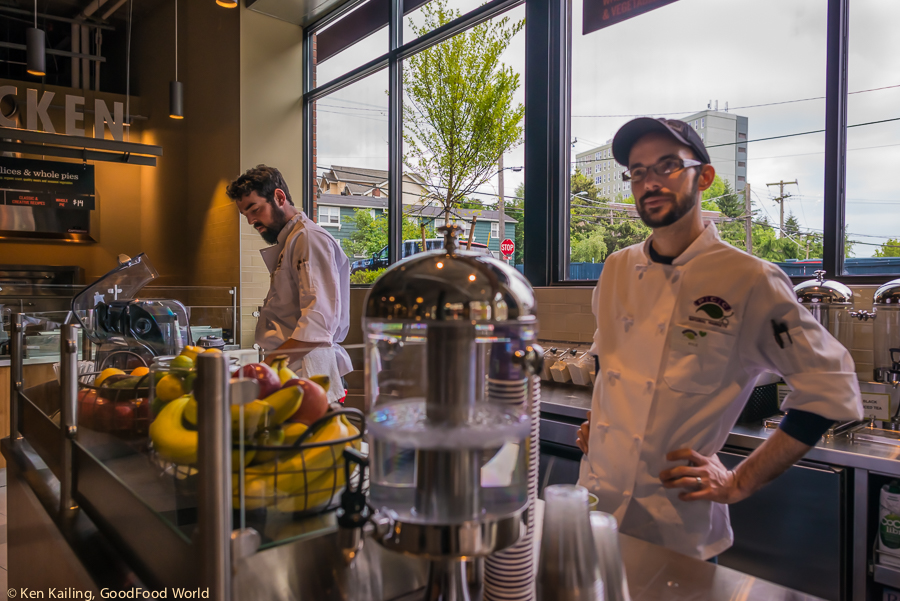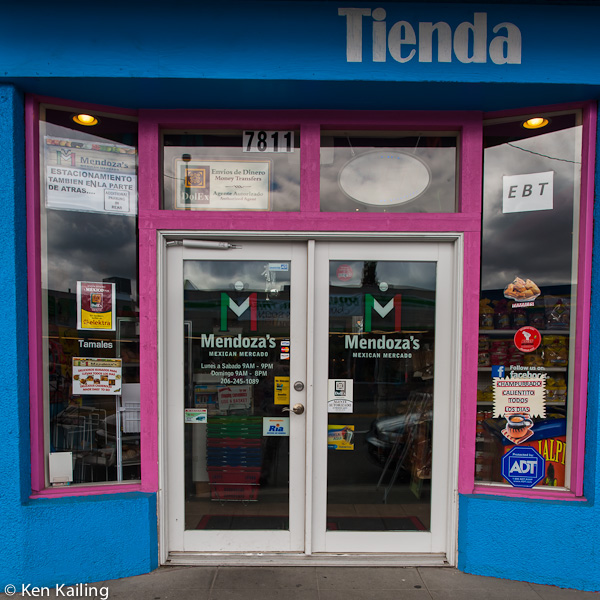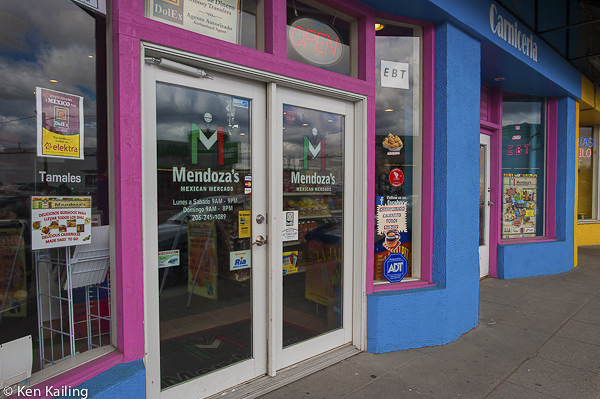Beating Whole Foods at Its Own Game
Whole Foods has been neck in neck for some time with Puget Sound’s PCC Natural Markets (the largest and one of the oldest food cooperatives in the nation), however the corporate structure of “whole” just couldn’t match the cooperative foundation of “real,” at least as far as good food principles.







